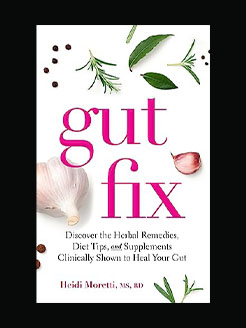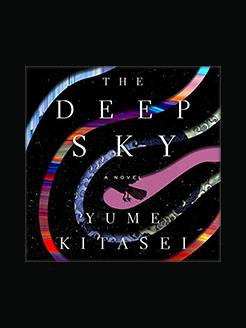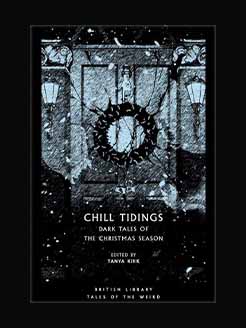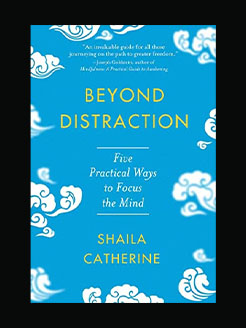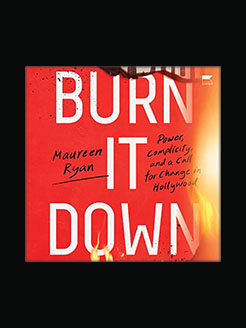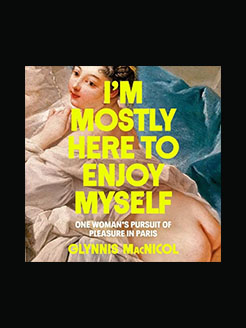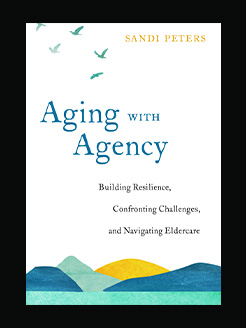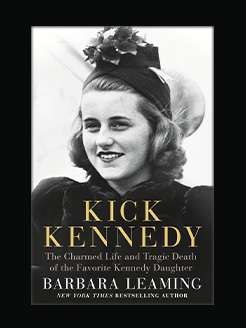Published in 2007
200 pages
Dr Cordelia Beattie, BA, MA, DPhil, FRHistS is a Senior Lecturer in the Department of History at the University of Edinburgh, Scotland.
Dr Beattie studied medieval and modern history at the University of Birmingham, where she developed “an abiding interest in medieval social history”. Her particular research interests in medieval women led her to apply to the Centre for Medieval Studies at the University of York, where she obtained both an MA and a DPhil in Medieval Studies. In 2001 she was appointed as a Lecturer in Medieval History at Edinburgh, and was promoted to Senior Lecturer in 2008. The same year (2008) she was the founding director of the cross-College Centre for Medieval and Renaissance Studies. She is currently the medieval editor for Manchester University Press’s Gender in History series and on the editorial board of Women’s History Review.
What is this book about?
The single woman is a troubling and disruptive category. Does it denote all unmarried women, therefore creating a group which every female was part of at some stage in her life? Or, were the categories maiden and widow so culturally significant in late medieval England that single woman was a residual category for women seen as anomalous? Was the category single man used in an equivalent way and, if not, why? This study offers a way into the complex process of social classification in late medieval England.
All societies use classifications in order to understand and impose order. In this book, Cordelia Beattie views classification as a political act, an act of power: those classifying must make choices about which divisions are most important or about who falls into which category, and such choices have repercussions. Defining how a group or an individual should be labelled, means variables such as social status, gender, or age, are prioritized. Rather than isolate gender as a variable, this book examines how it relates to other social cleavages. Using a variety of approaches, from social and cultural history, to gender history, and medieval studies, its original methodology offers an innovative approach to a range of historical texts, from pastoral manuals to tax returns, and guild registers.
